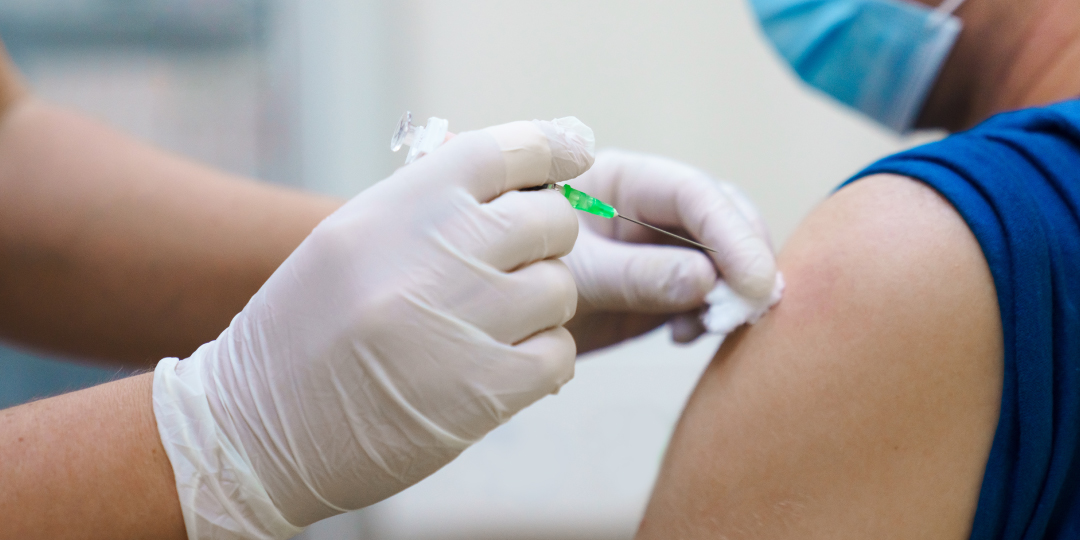Since monkeypox arrived in Texas in June, Harris County has declared the general threat of it to be low at this time. However, as the world observes the first possible fatality from the disease, now more than ever is the time to be aware and understand the nature of this virus.
As healthcare professionals who humanize healthcare, we want to arm our patients and community with knowledge about the current health crisis presented by monkeypox. The following information is everything known about monkeypox to date.
Signs and Symptoms
According to the Centers for Disease Control and Prevention (CDC), the first sign of monkeypox is a rash around the genital or rectal area; this rash can also appear on the hands, feet, face, or mouth. The rash is said to resemble pimples or blisters but may be more painful or itchy.
More symptoms of monkeypox include:
- Fever
- Chills
- Swollen Lymph Nodes
- Exhaustion
- Muscle Aches and Backache
- Headache
Respiratory symptoms—such as sore throat, nasal congestion, or cough—are also potential signs. Symptoms will manifest differently from patient to patient, with some people experiencing all of these symptoms and others experiencing only a few. It’s also been reported that patients have experienced flu-like symptoms before the manifestation of a rash. In other cases, the rash will appear before the other symptoms or appear as the only symptom of the infection.
How Long Does Monkeypox Last?
Most people fully recover from monkeypox in roughly two to four weeks, even without medical attention.
Reports state that monkeypox symptoms start within three weeks of exposure. If you experience flu-like symptoms first, the rash typically develops one to four days later. Monkeypox is easy to contract with skin-to-skin contact since it can be spread while the rash is healing and the patient is shedding scabs.
How to Take of Yourself
Treatment options are limited at this time. Vaccinations are in development, and since monkeypox and smallpox are closely related, antivirals have the potential to be effective in treating the illness.
If you have a weakened immune system, you need to see a healthcare provider to get a prescription for drugs that can help you.
Advice from healthcare professionals on managing monkeypox includes:
- Wrapping the rash in gauze or bandages to prevent spreading the disease.
- Avoid further irritation of the rash through scratching lesions or shaving.
- Keep the rash clean and dry as much as possible.
- Regularly wash your hands with warm water and soap.
- Wear gloves to handle objects in shared spaces if the rash is on your hands.
- Wear a well-fitting mask around others.
- Rest and eat healthy foods.
You can take ibuprofen or acetaminophen to manage your symptoms as well as using topical benzocaine or lidocaine for temporary rash relief. A warm bath with oatmeal or over-the-counter bath products for itchy skin can also provide relief. If you experience a rash in your mouth, you can rinse with salt water four times a day.
Harris County residents can call the Monkeypox Hotline at 832-927-0707 for more information about vaccinations.
Stop the Spread
Monkeypox, in most cases, is not fatal, but it does take time to fully recover. If you are suffering from monkeypox, you should minimize contact with loved ones and the public as much as possible, and when it cannot be avoided, wearing a mask and washing your hands are two essential steps to stopping the spread.
Hillcroft Physicians is one of many clinics that are willing to help you in your time of need. If you are dealing with severe symptoms, see a healthcare provider as soon as possible.


